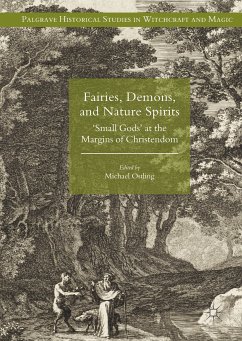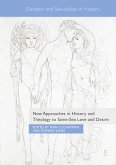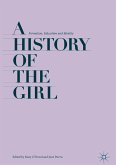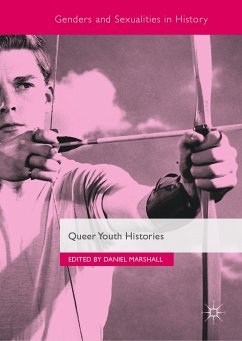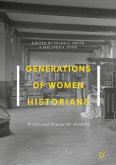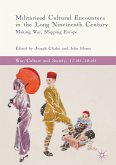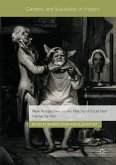Dieser Download kann aus rechtlichen Gründen nur mit Rechnungsadresse in A, B, BG, CY, CZ, D, DK, EW, E, FIN, F, GR, HR, H, IRL, I, LT, L, LR, M, NL, PL, P, R, S, SLO, SK ausgeliefert werden.
"This is a good collection, and it is impressive to see how each contributor applies the survival-in-vanishing framework to their chapter. This makes the edited collection feel connected despite the vast number of topics covered, and this is not always easily achieved. There is excellent work in here, and perhaps its most impressive achievement is that it will enable the reader, even non experts, to see a bit further into the subject ... . " (Ciaran Jones, Journal of Religious History, Literature and Culture, Vol. 5 (1), 2019)
"This strong collection constitutes a very good first step towards a reconstruction of our thinking about fairies, demons and nature spirits. Its placing of these 'small gods' within the actual expansion of Christianity rather than as historically precedent allows for a broad and sensitive historical investigation." (The Judges of the Katharine Briggs Award 2018, folklore-society.com, November 26, 2018)
"It may be that the old polarized labels are becoming inadequate to describe a medieval and early modern religious and quasi-religious world that is coming to seem even more complex, exciting and interesting than it had seemed to be before. That such a perception is possible, however, is due in part to the gifts of this splendid collection, upon which Michael and his contributors are warmly to be congratulated." (Scriptable, rtreview.org, Issue 8, March, 2018)

